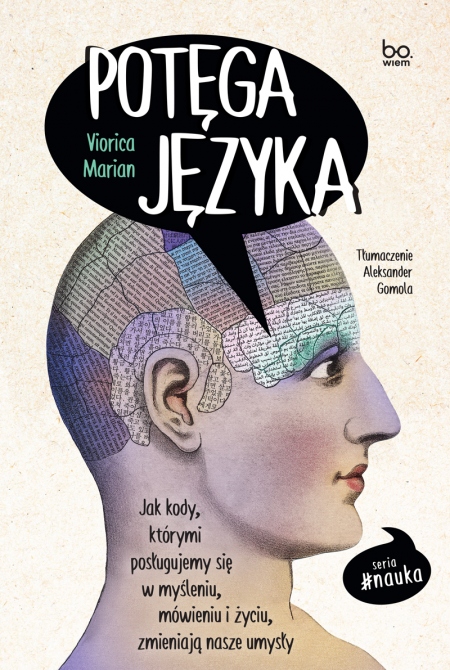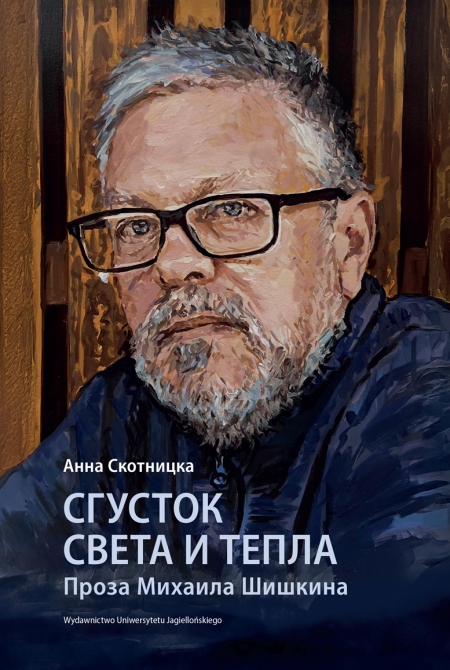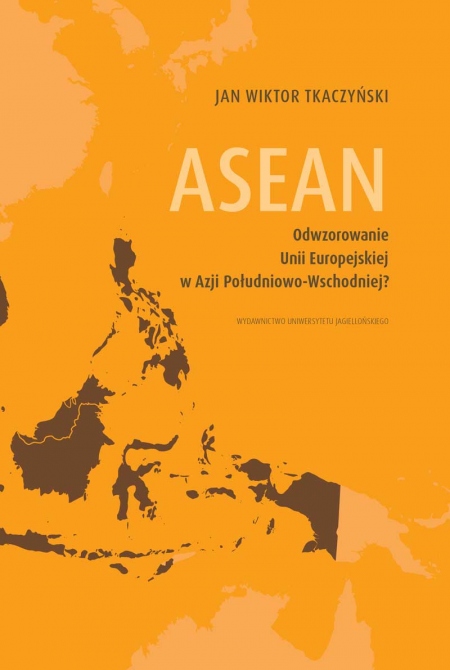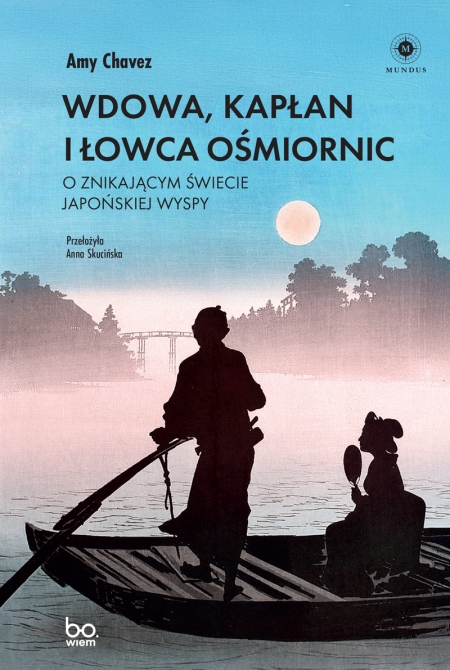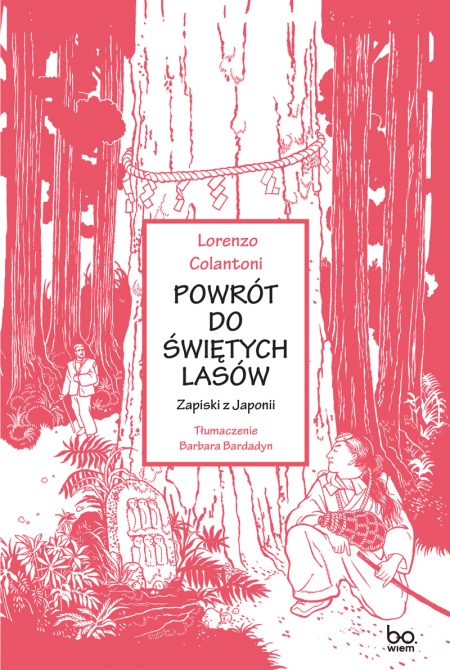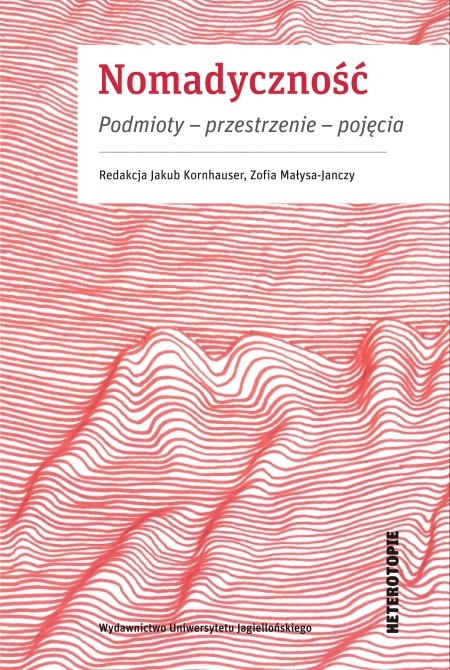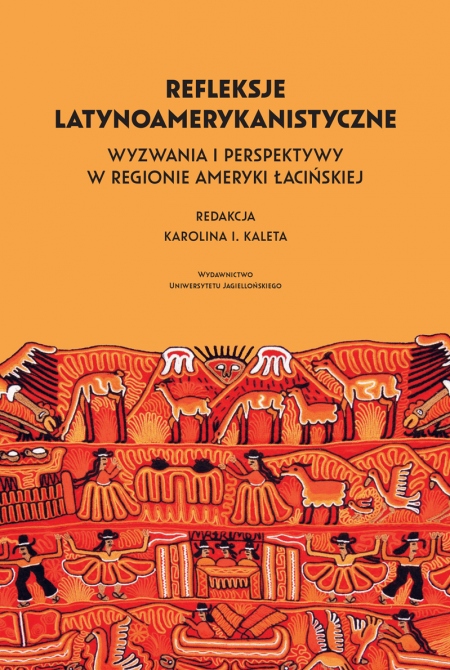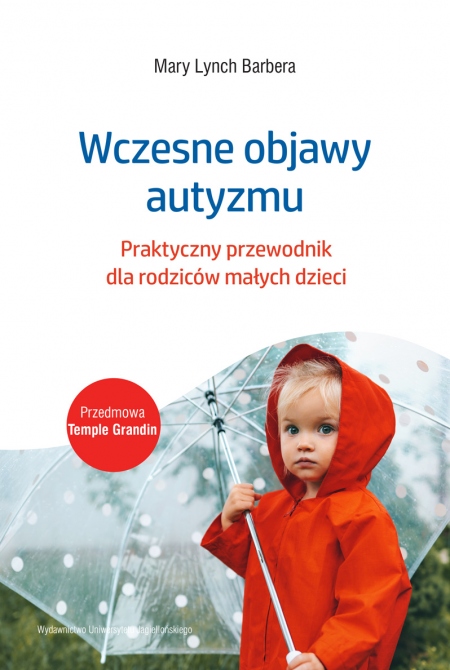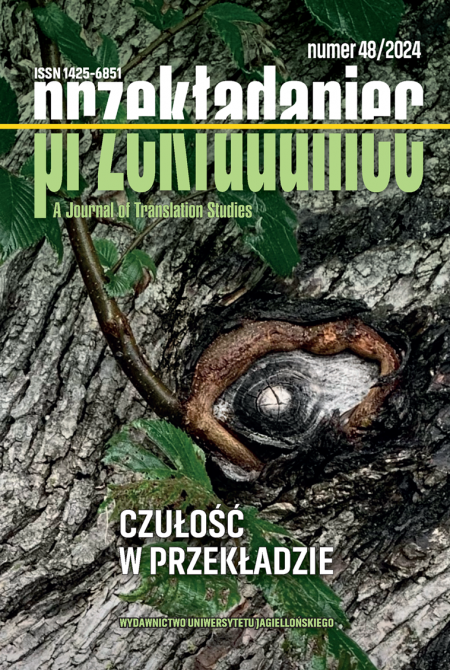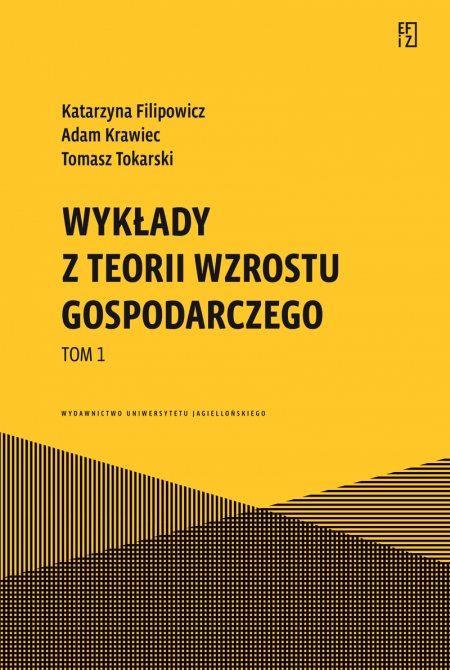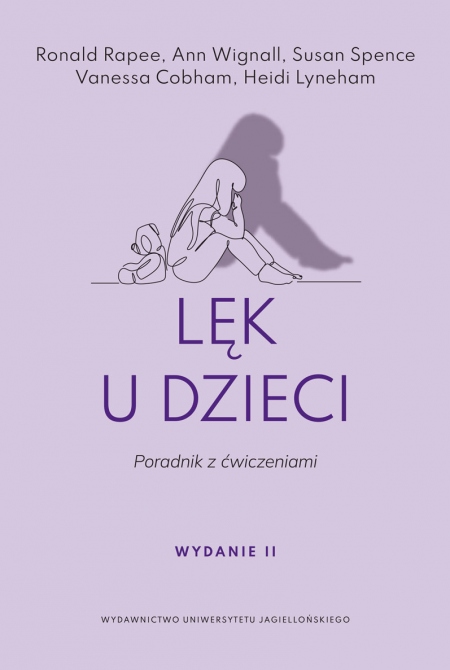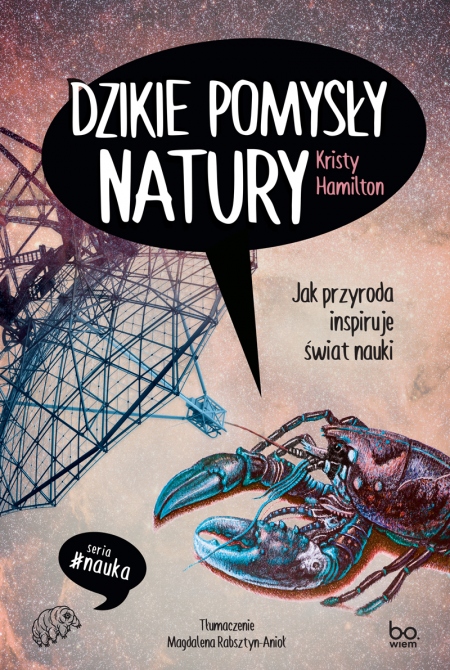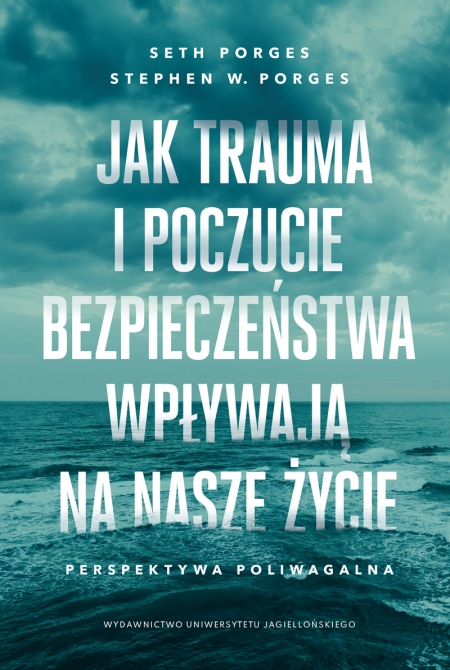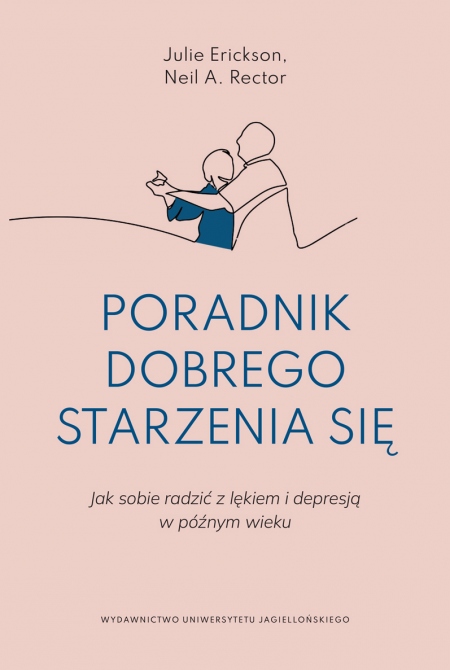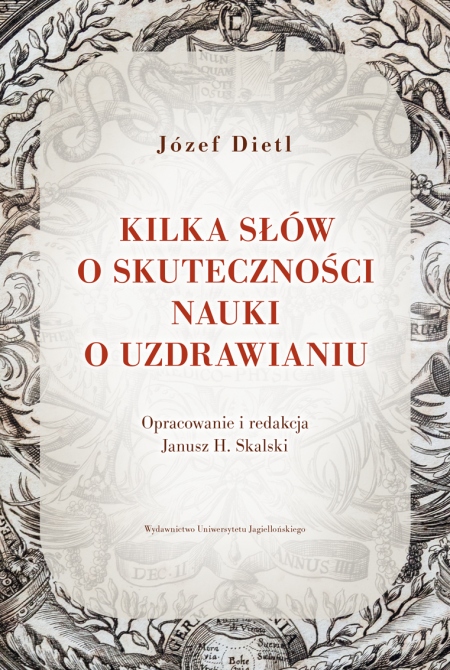
Taniec furii
Wybuch pierwszej wojny światowej oczami Europejczyków
Translation: Barbara Gutowska-Nowak
Series: Historiai
Book description
The common explanation for the outbreak of World War I depicts Europe as a minefield of nationalism, needing only the slightest pressure to set off an explosion of passion that would rip the continent apart. But in a crucial reexamination of the outbreak of violence, Michael Neiberg shows that ordinary Europeans, unlike their political and military leaders, neither wanted nor expected war during the fateful summer of 1914. By training his eye on the ways that people outside the halls of power reacted to the rapid onset and escalation of the fighting, Neiberg dispels the notion that Europeans were rabid nationalists intent on mass slaughter. He reveals instead a complex set of allegiances that cut across national boundaries.
RECOMMENDED BOOKS
NEW BOOKS

Choose chapters to buy:
Order value:
0.00 zł





